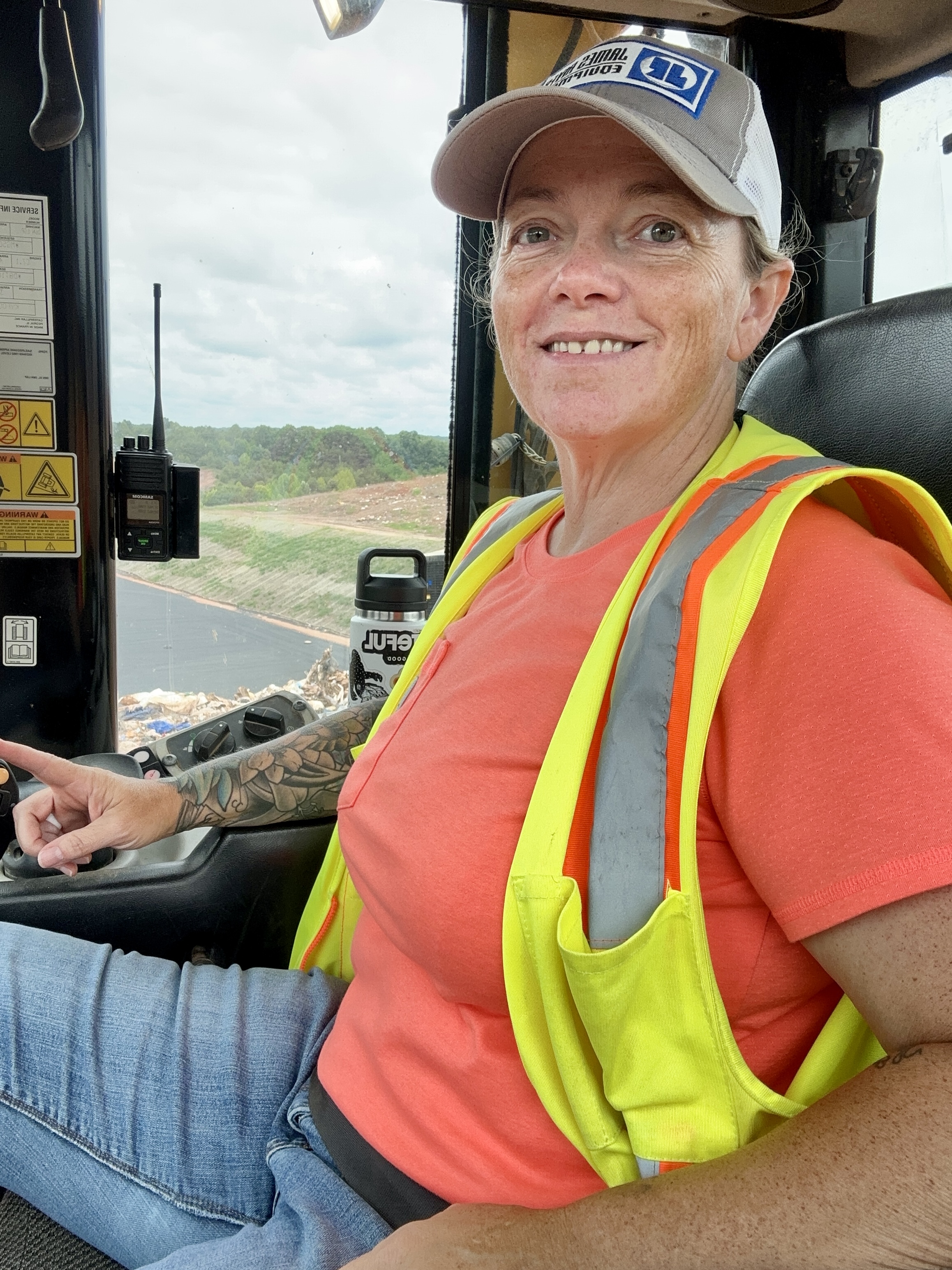From Caveman Common Sense to Modern-Day Meltdowns: The Evolution of Overcomplication
- Crystal Stapley
- Aug 9, 2025
- 4 min read

Have you ever known exactly what the water head in front of you needed to hear… and you said it, not because it was the right answer, but because it was the fastest route to the exit door? You dumb it down, feed them the line, and suddenly they’re nodding like you’ve unlocked the secrets of the universe, when really, you just wanted to get them out of your airspace.
That’s not you losing. That’s you playing chess while they’re still trying to eat the pieces.
And honestly, that’s survival sometimes. You don’t argue. You don’t explain. You just give them the breadcrumb that gets them where they need to be, because the alternative is spending your afternoon in a conversational hostage situation where you slowly forget how to blink.
You can’t even get ten minutes into your day before it starts. You run into people and instantly feel your IQ dropping. The things that come out of their mouths? Unreal. Not only do they lack common sense, like, basic survival-level common sense but they seem downright allergic to choosing happiness.
They treat complaining like it’s a competitive sport. And not the fun kind with trophies, the kind where no one wins, and everyone gets a participation ribbon for “Most Exhausting Personality.”
And I’m standing there thinking:
What is wrong with you?
Wait… what is wrong with me that I can’t stand to be around you?
Then they look at me like I’m the weird one because I’m just staring at them, silently wondering: How do you even function? How do you remember which foot goes first?
Do you have an app that reminds you to breathe?
Here’s the truth: life has beaten me up enough times to teach me one thing they apparently missed in school, drama is optional. Overcomplication is optional. You don’t have to make everything harder than it needs to be. But some folks won’t leave home without strapping on their imaginary problems like a designer backpack.
And when this plays out at work? Oh, buckle up. You’ve got that 15% of your team, the ones who show up ready to work, take care of business, and keep the wheels turning, staring at the other 85% wondering why the hell they’re getting paid to do their job and everyone else’s.
Here’s how it goes:
The 15% are running full throttle just to cover the slack, sweating like they’re in the last mile of a marathon.
The 85% are pacing themselves like they’re on a scenic Sunday stroll.
And the bosses? They’re wondering why production numbers aren’t higher, like the answer isn’t standing right there scratching its ass and scrolling Instagram.
You can only run that way for so long before burnout stops being a risk and becomes an inevitability. And burnout, by the way, doesn’t hit like a dramatic movie moment. It’s not “one bad day.” It’s waking up one morning and realizing the idea of doing anything makes you want to fake a medical emergency just to be left alone.
The problem is that most people are living in autopilot reaction mode. Something happens, they react. Something bothers them, they react. Something might bother them in the future, they preemptively react. Their brain is constantly scanning for what’s wrong, not what’s right.
And here’s the kicker, it’s not even their fault. Our brains were wired for survival, not happiness. That hyper-vigilance was perfect for cavemen. If you didn’t notice the rustling in the grass or the weird smell in the air, you got eaten. Scanning for danger kept you alive.
Fast forward to today, there’s no saber-toothed tiger in the breakroom. But your brain doesn’t care. It reacts to a slow email reply or a coworker’s side-eye like it’s a predator ready to pounce. And when a whole crew lives like that? You get workplace chaos, office politics, and grown adults who treat a staff meeting like a full-contact sport.
The real slap in the face? The world rewards this behavior. We live in an outrage economy. Social media, news outlets, and gossip all run on friction and negativity. Burnout makes people petty, and petty spreads like the flu.
When you live with simplicity and gratitude as your baseline, you can feel the weight of that noise immediately. It’s like having your own internal “BS alarm”, the more it goes off, the more you know you’re surrounded by people who confuse drama for purpose. They carry stress like it’s proof they’re important, and they’ll argue with you if you dare to suggest otherwise.
It’s not that I’ve lost patience. It’s that I’ve outgrown the noise. Once you learn a better way to live, you can’t unsee it. You start spotting the serial complainers. The drama farmers. The co-workers who act like doing the bare minimum deserves a parade.
Here’s the sanity-saving truth: you can’t change them. You can’t make someone see simplicity if they’re addicted to complexity. You can’t plant gratitude in someone who’s committed to resentment. But you can protect your own mental bandwidth. You can filter out the static. You can set boundaries and guard them like they’re sacred, because they are.
And you can hang on to the one thing life’s hardest knocks will teach you: the world will try to hand you a backpack full of other people’s drama every single day.
You don’t have to pick it up.
Now let’s go pack some trash and raise some managers, because lord knows it’s going to be damn near impossible if we don’t.





Comments